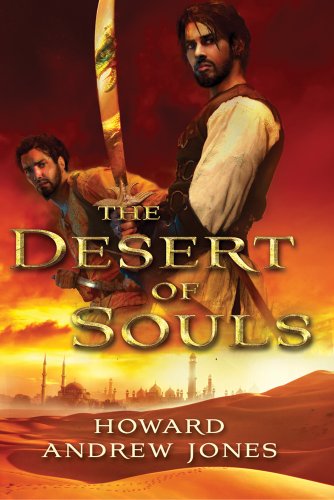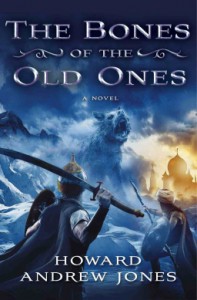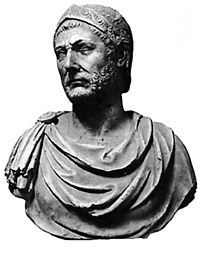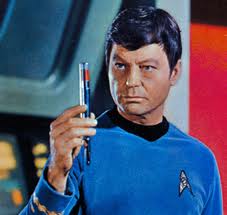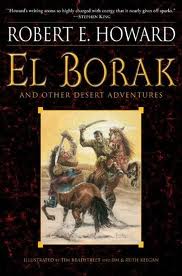The Real Caliph
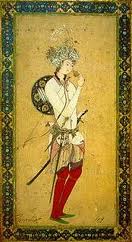 When I decided to set the Dabir and Asim stories in historical Arabia, I likewise decided that while I would emulate the real world, I’d also pay homage to the 1001 Nights. I would emphasize glitter over grit, although the latter wouldn’t be entirely absent. There would naturally be elements of the fantastic, although they would not be everyday experiences.
When I decided to set the Dabir and Asim stories in historical Arabia, I likewise decided that while I would emulate the real world, I’d also pay homage to the 1001 Nights. I would emphasize glitter over grit, although the latter wouldn’t be entirely absent. There would naturally be elements of the fantastic, although they would not be everyday experiences.
There are not just fantasy figures in the 1001 Nights, there are also real historical characters, like the caliph Harun al-Rashid and his vizier Jaffar. Dabir and Asim start out working for Jaffar, and rise to such prominence that they begin to interact with the caliph, one of the most powerful men in the world.
I have had more and more reason to be thinking about Harun as I advance into the writing of the third Dabir and Asim book. He makes a few appearances in The Desert of Souls, and is off-stage through The Bones of the Old Ones, but he is a central character in The Maiden’s Eye. I show him as he is in the 1001 Nights, where he comes across as a pretty compelling figure. In real life, though… he was kind of a tractless jerk.
